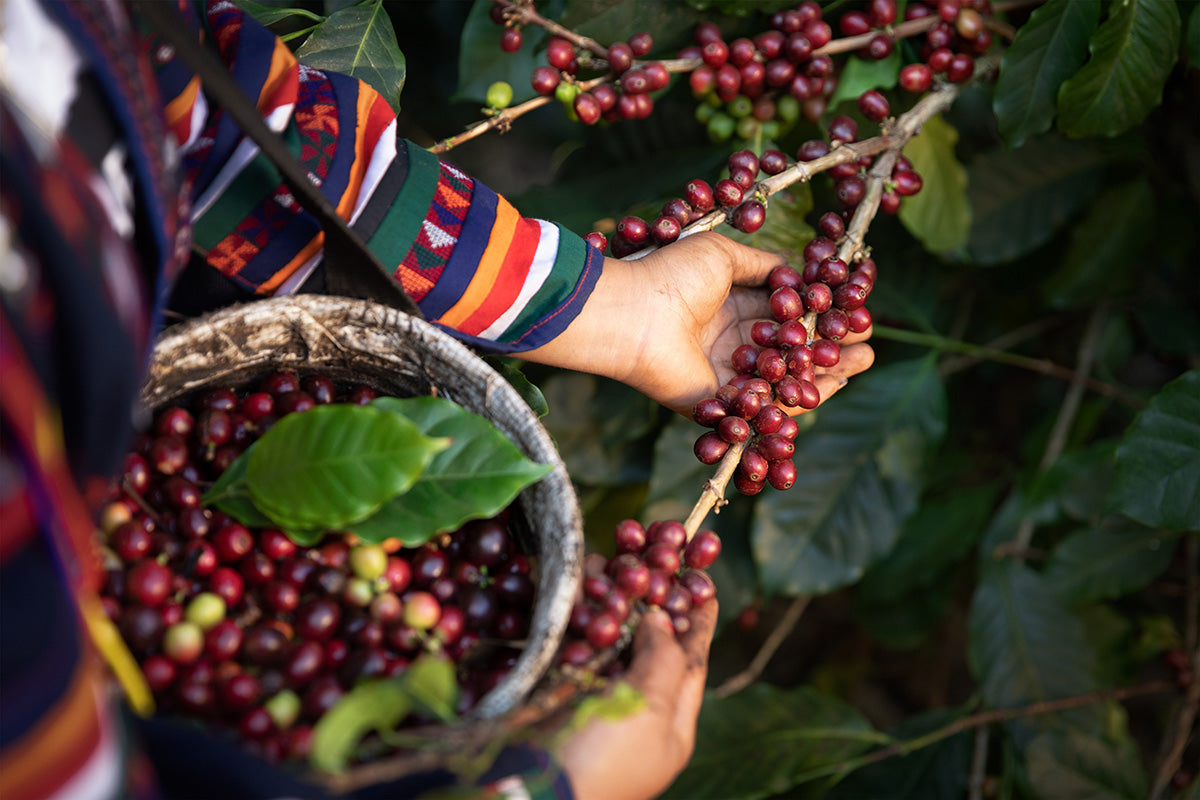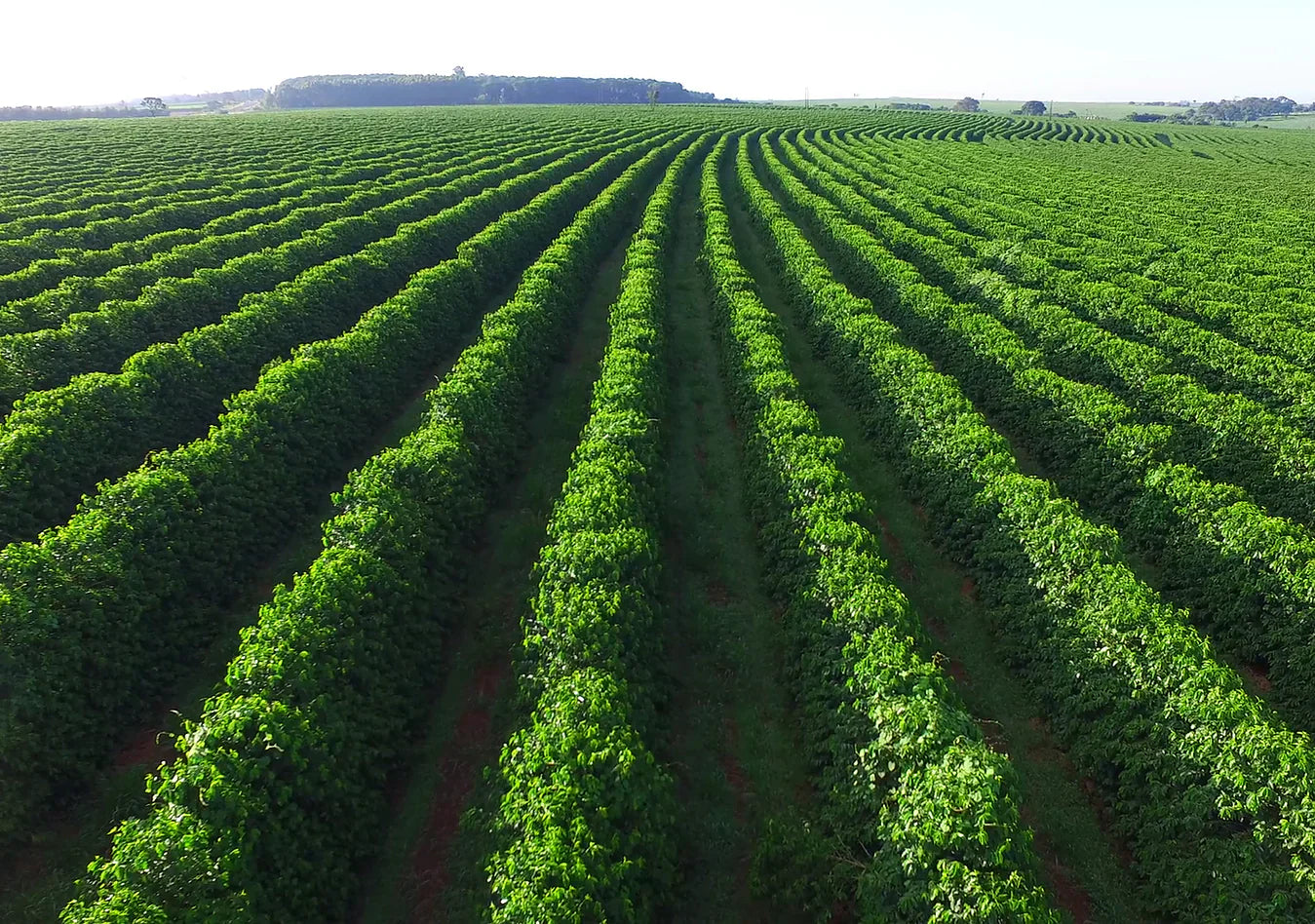
Beyond the Label: Sustainable Coffee Farming vs. Certified Coffee Explained
If you’ve browsed coffee bags lately, you’ve probably seen labels like Organic, Fair Trade, Rainforest Alliance, and more. These certifications have become a mark of quality and ethical sourcing—but they aren’t the whole story. Increasingly, the conversation in the coffee world is shifting toward sustainable coffee farming, which can go beyond certifications in meaningful ways.
So, what’s the difference between sustainable coffee farming and certified coffee? And why should it matter to you as a coffee drinker? Let’s dive in.
What Certified Coffee Guarantees
Certifications like Organic, Fair Trade, and Rainforest Alliance serve an important role. They create standardized rules that farmers must follow to earn the label—and those rules often benefit the environment and farm workers.
Here’s a snapshot of what common certifications mean:
- Organic: No synthetic fertilizers, pesticides, or GMOs. Focuses on environmental and soil health.
- Fair Trade: Guarantees minimum prices for farmers, safe labor conditions, and community development funds.
-
Rainforest Alliance: Combines environmental protection, fair treatment of workers, and farm management standards.
Certified coffee provides transparency. As a consumer, you know certain ethical and environmental benchmarks have been met.
The Limits of Certifications
However, certifications have their limitations:
- Costly for Small Farmers: Getting certified can be expensive. Many small-scale farmers who already practice sustainable methods can’t afford the paperwork and fees.
- Rigid Standards: Certification rules don’t always adapt to local realities. A method that works in Peru might not fit a farm in Ethiopia.
-
Focus on Compliance, Not Innovation: Certifications focus on ticking boxes, not necessarily on continuous improvement or deeper climate resilience.
In short, certification is a good starting point—but it’s not the whole picture.

Why Sustainable Coffee Farming Goes Further
Sustainable coffee farming is a broader philosophy. It’s about balancing environmental care, economic viability, and social responsibility—not just meeting certification checklists.
Benefits of Sustainable Coffee Farming:
- Customized Practices: Farmers adapt eco-friendly methods suited to their unique land and climate, often blending traditional wisdom with modern techniques.
- Climate Resilience: Sustainability includes preparing for long-term challenges like climate change. Farmers may plant shade trees, diversify crops, and improve soil carbon.
- Community Well-being: It emphasizes the well-being of farming families and communities, supporting education, healthcare, and gender equity.
-
Beyond Labels: Some of the most sustainable farms may not be certified—but they are deeply committed to protecting ecosystems and improving livelihoods.
In essence, sustainable coffee farming is about continuous progress rather than simply passing a certification test.
Certified Coffee vs. Sustainable Coffee: A Quick Comparison
|
Feature |
Certified Coffee |
Sustainable Coffee Farming |
|
Requires official label |
Yes (Organic, Fair Trade, etc.) |
Not always |
|
Standardized rules |
Yes |
Flexible, locally adapted |
|
Cost to farmers |
High (certification fees) |
Often lower |
|
Focus |
Compliance & traceability |
Long-term ecosystem & community health |
|
Includes uncertified farms |
No |
Yes |
So, Which One Should You Choose?
The best answer? Look for both when possible.
- Certifications are useful for ensuring minimum standards.
-
But supporting brands and roasters who directly partner with sustainable farms—whether certified or not—often makes a bigger impact.
Ask questions. Where is your coffee from? How are the farmers supported? Is the farm adapting to climate change? This deeper level of engagement helps move the coffee world toward real sustainability.

The Final Sip
Certified coffee is a great step in the right direction, but sustainable coffee farming is the future. By understanding the difference, you as a coffee lover can make choices that not only taste good but do good—supporting both people and the planet.
Next time you pick up a bag of beans, think beyond the label. Because real sustainability is brewed in the roots, not just stamped on the package.
Mocha Monkey Lead Roaster
John Pennucci


